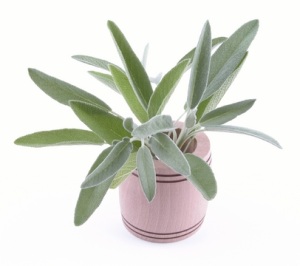Nos enfants nous acusseront |

Yesterday
night, I had the opportunity to watch an excellent documentary that
reaffirm my beliefs in the inmediate necessity to return to the way
our grandfathers use to grow the food they ate. This is the most
important reason to buy, grow and eat organic food.
The title of the documentary is “Nos enfants nous accuseront” by Jean-Paul Jaud. This documentary is about the first generation of children in history who their lifespan will be shorter than their parents because of their exposure since childhood to many toxics and chemicals, primarily throughout the food.
In "Nos enfants nous acusseront" scientists from around the globe speeches to UNESCO and really shocking testimonies from those affected families are shown.
The impact on human health of chemicals used in conventional agriculture and transgenics are not new. And while the official speech is to still defending their use as the only way out for global power and denies its severe side effects, the scientific evidence demonstrate the contrary increasingly overwhelming.
The World Health Organization WHO, denouce that about 3 million farmers die each year due to the use of agrochemicals, which is consider a genuine peasant extermination, but now the toxicity is widespread and is affecting us but primarily our children.

"Nos
enfants nous acusseront" add to the long list of evidence
and allegations of how the mighty and powerful are ravaging the world
and we are consenting it. Fortunately things are changing for good.
The film explains new initiatitives happening in French schools with
organic food and toxins removal and the community involvement and
passion. The return to natural and purest food is no longer a whim
of romantic or radical environmentalists and hippies, but it is a
survival necessity and a right to our children. Hopefully we should
rectify in time for our children not only accuse us but give us
thanks for changing the course.
I recommend you to take time from your busy life and watch this documentary. Your way of looking at food will change forever. For those interested, you can watch the documentary on Netflix, or by internet.
In French:
http://www.nosenfantsnousaccuseront-lefilm.com/
Those spanish speakers can watch the trailer here:
http://thegreencorner.org/videos-verde-ecologicos/Nuestros-Hijos-nos-Acusar%
C3% A1n/0/51/1You can access the
movie in spanish in streaming:
http://eldespertar2012.wordpress.com/2012/01/12/nuestros-hijos-nos-acusaran-nos-enfants-nous-accuseront-documental-sub-espanol/







